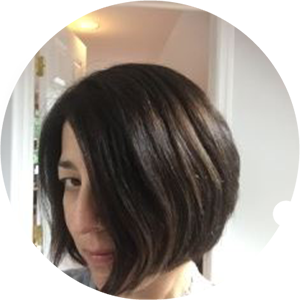You don’t have to look far in literature to confirm that reading and writing are among the favorite topics of writers. Shakespeare asserts in “Sonnet 18” that the loved one will attain an “eternal summer” not because she has a good skin care regimen or follows the Mediterranean diet, but by virtue of the immortality of his verse. Same thing in “Sonnet 55” wherein the loved one is seen to stride “’Gainst death and all-oblivious enmity” because of “these contents.”
Dangerous as it is to lead with Shakespeare, I’ll just say that I, too, have spent abundant time reading and writing about the wonders of reading and writing.
In one of my earliest memories I am sitting on the floor in my bedroom on a beautiful summer Sunday with a book open in my lap. My father stands in the doorway, watching me. He is wearing rough outdoor work clothes. He must have just come into the house to use the bathroom. He asks, “What are you doing?” and I answer simply, “Reading.” I see him there, still looking at me with a puzzled expression. Then he smiles and says simply, “Good.”
Today, I am an English professor and writer. I teach at a community college, and the greatest blessing of my job is that I get to read and teach a huge variety of literature, and I get to write about things that truly interest me.
My essay, “Suzy Wong: A Fragment of a Dream,” was originally drafted in a marble notebook in the DeWitt Wallace reading room of the New York Public library where I also read periodicals such as North American Review. I always draft on paper first. What follows is a cycle of on-screen writing and pencil work. Draft, edit, write, delete, cut/paste, print, write, draft, revise. I also rely on the good will of my friends, family and colleagues to workshop with me. I believe it is crucial to be open to feedback that ranges from “great, just tweak” to “this is crap.” The tricky thing is to know how to process and filter comments while still trusting in your own voice and vision of where you want a piece to go.
In addition to writing about the impact of reading on my own personal journey on this Earth, I spend a lot of my time reading the memoirs of others who also have been deeply influenced by books. A list of just a few of my favorites will illustrate the variety possible within this genre: for the deeply intense, look to Frederick Douglass’s The Narrative of the Life or Tara Westover’s recent memoir, Educated. Maxine Hong Kingston’s, The Warrior Woman not only gave voice to the no-name woman, it did so in a genre-defying, literary way. And Guy Branum’s My Life as a Goddess shows us how to do the impossible: be incredibly funny, smart, and deeply moving all at the same time. Finally, I must shout out to Samantha Irby, whose talking cat in We are Never Meeting in Real Life served as my immediate inspiration to give Suzy Wong a voice true to her memory and her love of poetry.
It is both humbling and thrilling to have my essay appear in The North American Review as a finalist for the Torch Prize. I hope that “Suzy Wong: A Fragment of a Dream” will speak to those who love reading books and who love animals (especially cats). To those who have nursed a loved one through an illness that does not end happily and to those who have been lucky enough to see the rainbow thereafter.



